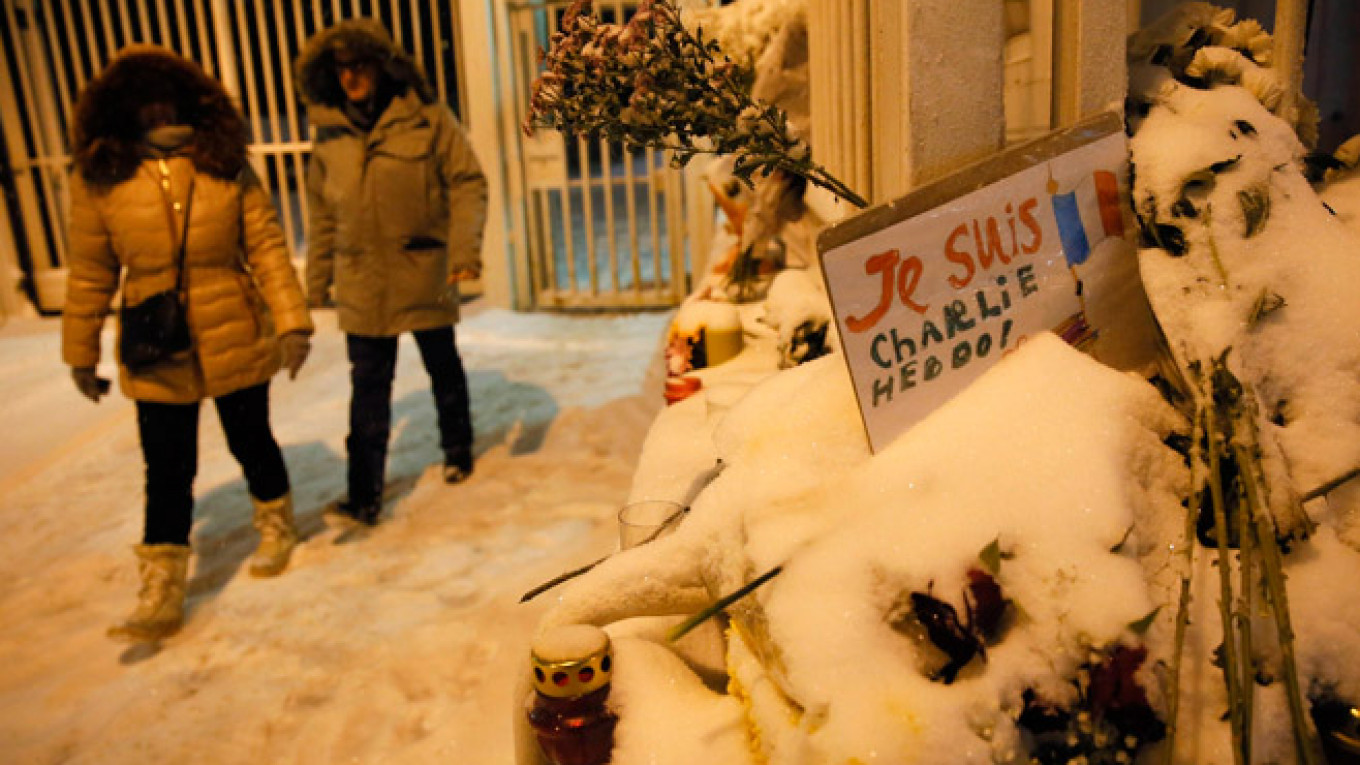Their Internet nickname is "trolls" and their job is to promote a particular ideology on social networks. From several investigations into their operations, journalists have discovered that entire "sweat shops" of these trolls work around the clock, churning out propaganda for the Kremlin.
We now know how these factories organize their work, the names of their directors, the instructions they give their employees, how they pay them and even the street addresses of some of these "factories of falsehood." The largest is located near St. Petersburg in the town of Olgino — hence the name for these commentators: the "Olgintsy."
Some of these "Olgintsy" are assigned to comment on posts by popular bloggers, others are tagged to specific opposition media. And because site moderators track such activity and ban suspect contributors, the "lifespan" of any particular troll — or more accurately, his or her fictitious username — is short.
As a result, each such "liar for hire" might create dozens of new fictitious accounts daily. However, a large percentage of them are not assigned to particular sites, but focus on particular themes or subject matters. Sometimes just one subject receives the undivided attention of these trolls and their Kremlin handlers, and it is interesting to see exactly which ideas they are trying to worm into the public's thinking.
After the monstrous terrorist attack in Paris, the Olgintsy were mobilized to promulgate this thesis: "Of course, all of this is terrible, but it would never have happened if France had employed censorship to prevent insulting people and things some people consider sacred."
Users on Twitter and the popular Russian social network VKontakte noticed recently that they were receiving an identical message from seemingly different commentators. "I just heard about this," it reads, "and I side with those who did the shooting. There should be censorship of the press and if someone does not understand where the limit lies, they will pay with their lives."
And it is interesting that Alexander Grishin, leading commentator for the Komsomolskaya Pravda newspaper, recently came to the same conclusion, closing his column with the words: "I am not in solidarity with French journalists." The newspaper even ran a large collection of material under the general heading "Why I am not Charlie Hebdo."
And finally, their conclusion: "We, Christians, Muslims, Jews and even Buddhists stand on one level of evolution, and the liberal Europeans on another, and both sides are moving inexorably in different directions. No words exist that could bridge that chasm."
What is that statement if not an expression of solidarity with the terrorists? And if to consider that the chief editor of the newspaper was one of President Vladimir Putin's trusted confidants during the last presidential election and, in general, has entrée into the highest Kremlin offices, it makes you wonder if Putin was sincere when he addressed words of sympathy to the French people.
The attack in France reminded many of the Pussy Riot case in Russia in which three young women were sent first to prison, and later to a labor camp for the crime of dancing and singing offensive lyrics in church. The authorities labeled their actions as blasphemy, but all they did was invoke the Mother of God to banish Putin. What would have become of them if they had dared to express the same degree of "blasphemy" as the editors of Charlie Hebdo?
The Putin regime has far more in common with Islamic terrorism than they realize in the West. It would be unfortunate if their realization comes too late.
For now, Kremlin leaders are content to wage their battles with the use of Internet trolls, but as the example of Ukraine shows, they hold something far more serious in reserve.
Andrei Malgin is a journalist, literary critic and blogger.
A Message from The Moscow Times:
Dear readers,
We are facing unprecedented challenges. Russia's Prosecutor General's Office has designated The Moscow Times as an "undesirable" organization, criminalizing our work and putting our staff at risk of prosecution. This follows our earlier unjust labeling as a "foreign agent."
These actions are direct attempts to silence independent journalism in Russia. The authorities claim our work "discredits the decisions of the Russian leadership." We see things differently: we strive to provide accurate, unbiased reporting on Russia.
We, the journalists of The Moscow Times, refuse to be silenced. But to continue our work, we need your help.
Your support, no matter how small, makes a world of difference. If you can, please support us monthly starting from just $2. It's quick to set up, and every contribution makes a significant impact.
By supporting The Moscow Times, you're defending open, independent journalism in the face of repression. Thank you for standing with us.
Remind me later.






